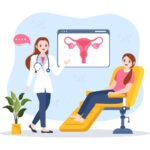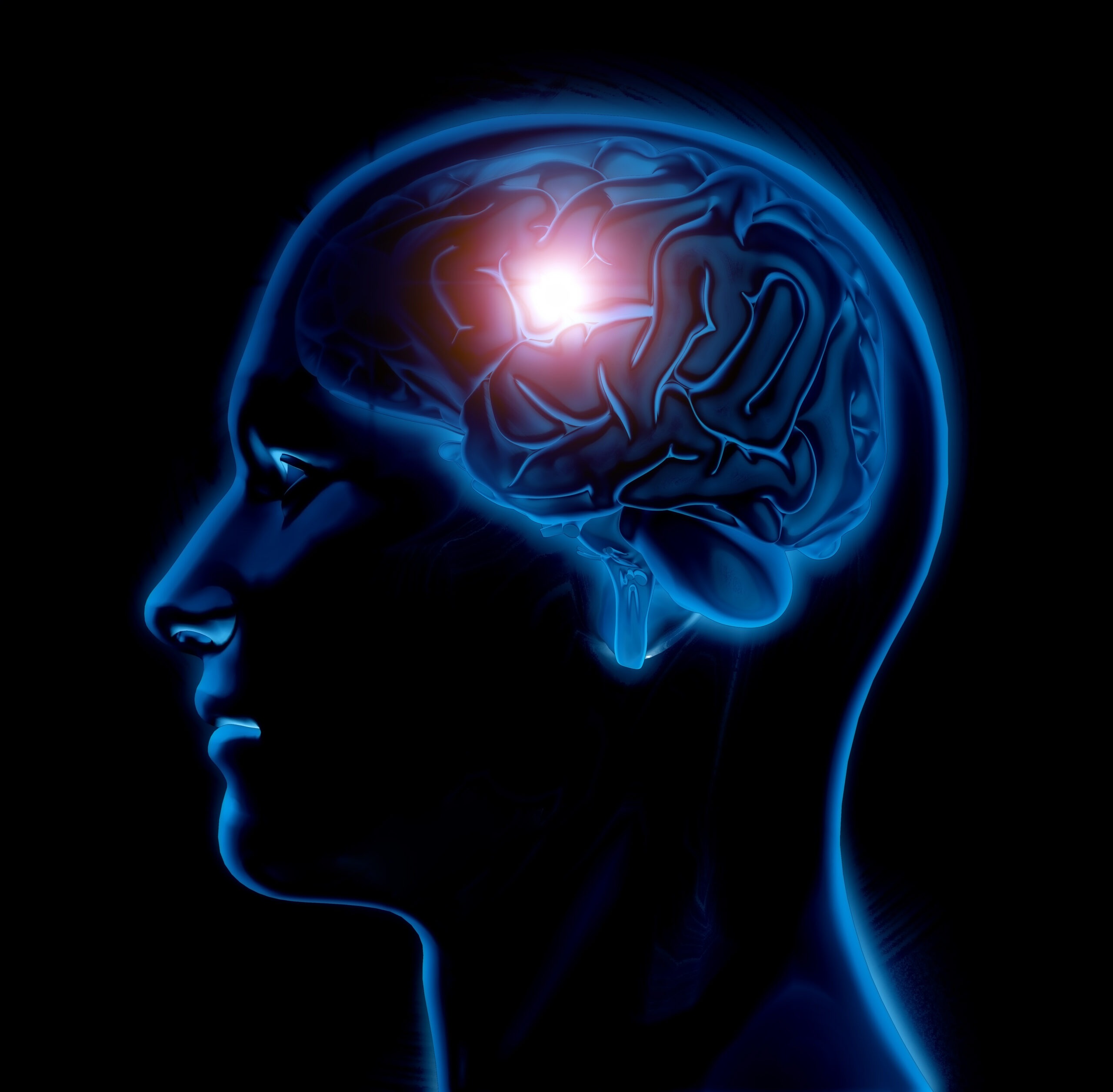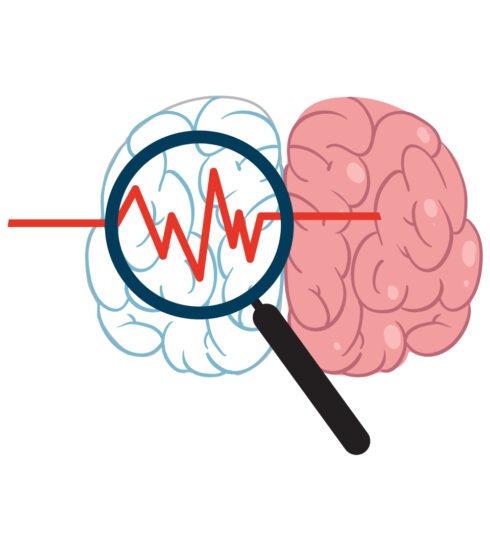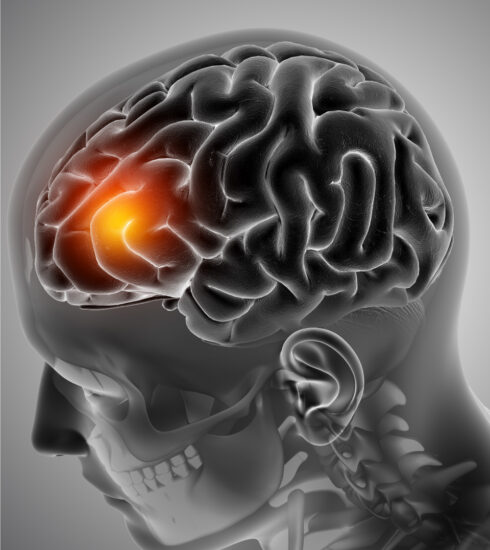Stroke Awareness (Part 3 of 4 : Stroke Risks)
- Dr. Saumya Mittal, Noida

- April 30, 2024
Stroke Awareness ( Part 3 of 4 : Stroke Risks )
Stroke, a very common neurological disease, unfortunately very commonly leads to significant problems like difficulty in speaking and walking & some of these may even cause one to have difficulty in performing simple daily activities despite availing the best treatment options.
To this end motivated rehabilitation is a significant step that can help all stroke survivors re-learn skills that lead to living independently again. Rehabilitation measures need to be individualized to the deficits that a stroke sufferer has. It includes issues with –
- Simple daily activities like eating food & wearing clothes.
- Simple mobilisation measures so that you can walk & perform your daily activities.
- Simple skills such as effective communication with the people.
- More complex activities can be taken up as one improves gradually.
If the person is medically fit, rehabilitation can be initiated immediately while in hospital. However, this is not restricted to the hospital & needs to be continued even once the person is home. Depending on the need of the person, rehabilitation would need to be modified. A constant input is needed from not only the medical team but the patient & the family as well. Some of the important options of rehabilitation include-
- Nutritional therapy.
- Physical therapy.
- Speech therapy.
- Occupational therapy.
- Counselling & support.
- Education of the family & the patient.
- Vocational therapy specific to a person’s work so that a return to a productive life can be planned.
A crucial aspect is staying motivated. One should know that scores of other people are trying to heal as well. Knowing what to expect wins half the battle. Not all strokes are the same. The problems stem from the area of the brain that has been damaged. A simple discussion with your doctor about how & why the damage has happened is important in understanding your condition. If one understands the condition, it is easier to develop realistic goals that will help remain motivated & staying with the rehabilitation program.
One of the first things to “go” are the medicines. People feel that the medicines are not helping & stop taking them. But remember, the doctor has prescribed them for a reason. So always discuss the options with your doctor before stopping the medicines.
Finally, remember that neither the medicines nor the rehabilitation corrects the damage caused by stroke. It helps in readapting to the problems so that one can continue the daily activities & be independent. Stay motivated to get better.









